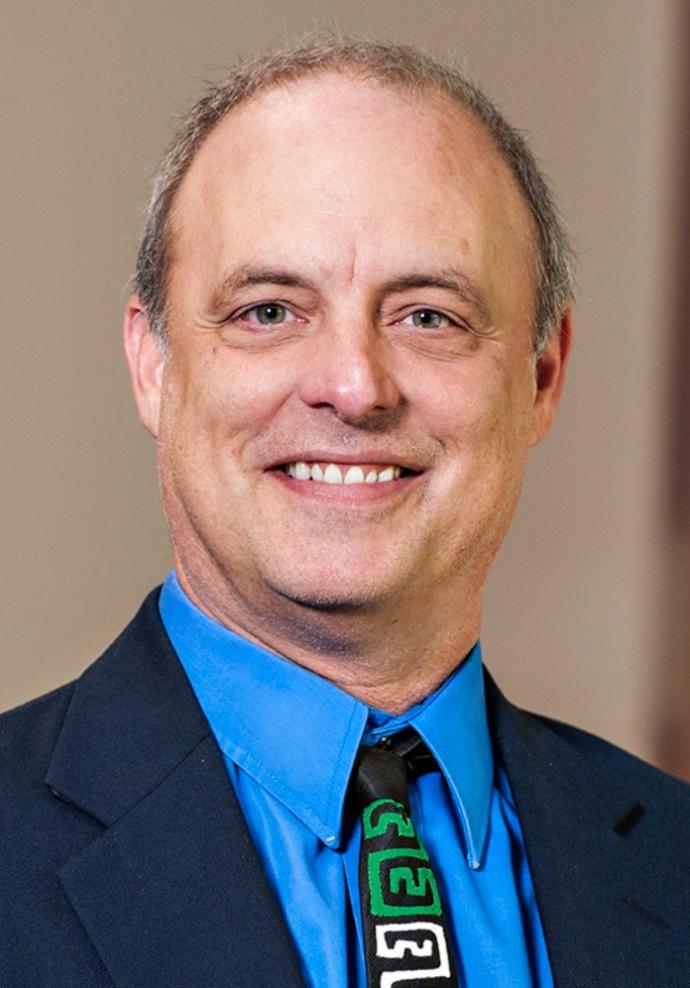Eckstein Hall
1215 W. Michigan St.
Milwaukee, WI 53233
United States
1 CLE credit
Ronald Wright
Needham Yancey Gulley Professor of Criminal Law
Wake Forest University
The Place(s) for Localism in Criminal Law and Enforcement
Here’s the basic situation: Actors at different levels of government—national, state, and local—shape the criminal law. The result is a fragmented landscape, with some practices being the same everywhere and others showing great variety from place to place. Consider, for example, constitutional search warrant requirements, which apply uniformly to police working in very different urban and rural contexts, and, by contrast, the ability of local prosecutors to select charges that look completely different from the charges preferred by prosecutors in another district in similar cases. For many observers, fragmentation is troubling—a source of inconsistency, even hidden defiance of shared values. Others welcome the local variety as a source of creative experimentation and needed flexibility in a pluralistic society.
Ron Wright of Wake Forest University is one of the nation's leading scholars of criminal justice. He is the coauthor of two casebooks in criminal procedure and sentencing, and his empirical research concentrates on the work of criminal prosecutors. He is a board member of the Institute for Innovation in Prosecution (based at John Jay College of Criminal Justice) and has been an advisor or board member for Families Against Mandatory Minimum Sentences (FAMM), North Carolina Prisoner Legal Services, Inc., and the Winston-Salem Citizens’ Police Review Board. He previously was a white-collar prosecutor at the U.S. Department of Justice and is a graduate of Yale Law School.
This lecture series remembers George Barrock, L’31, and Margaret Barrock.


